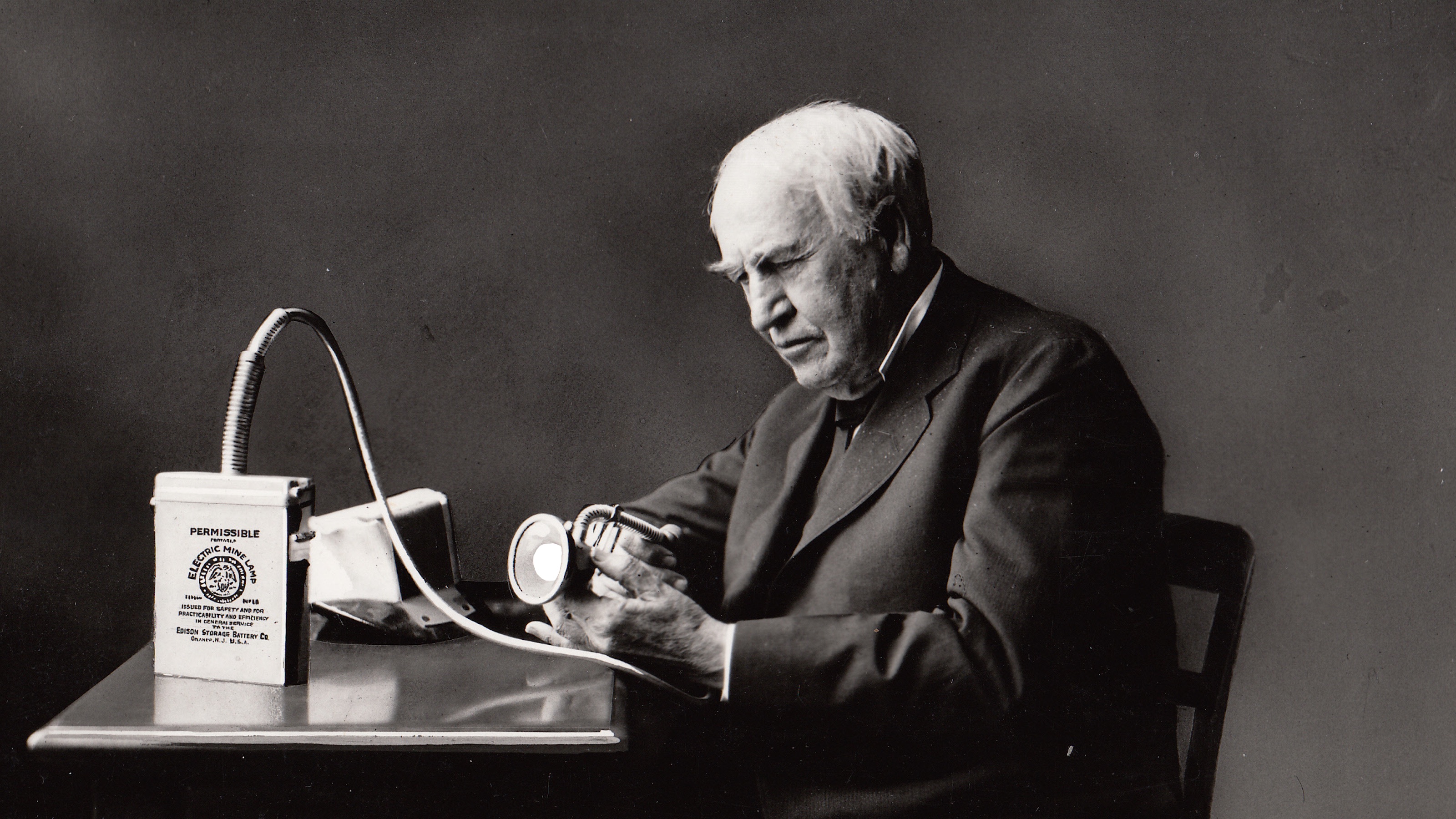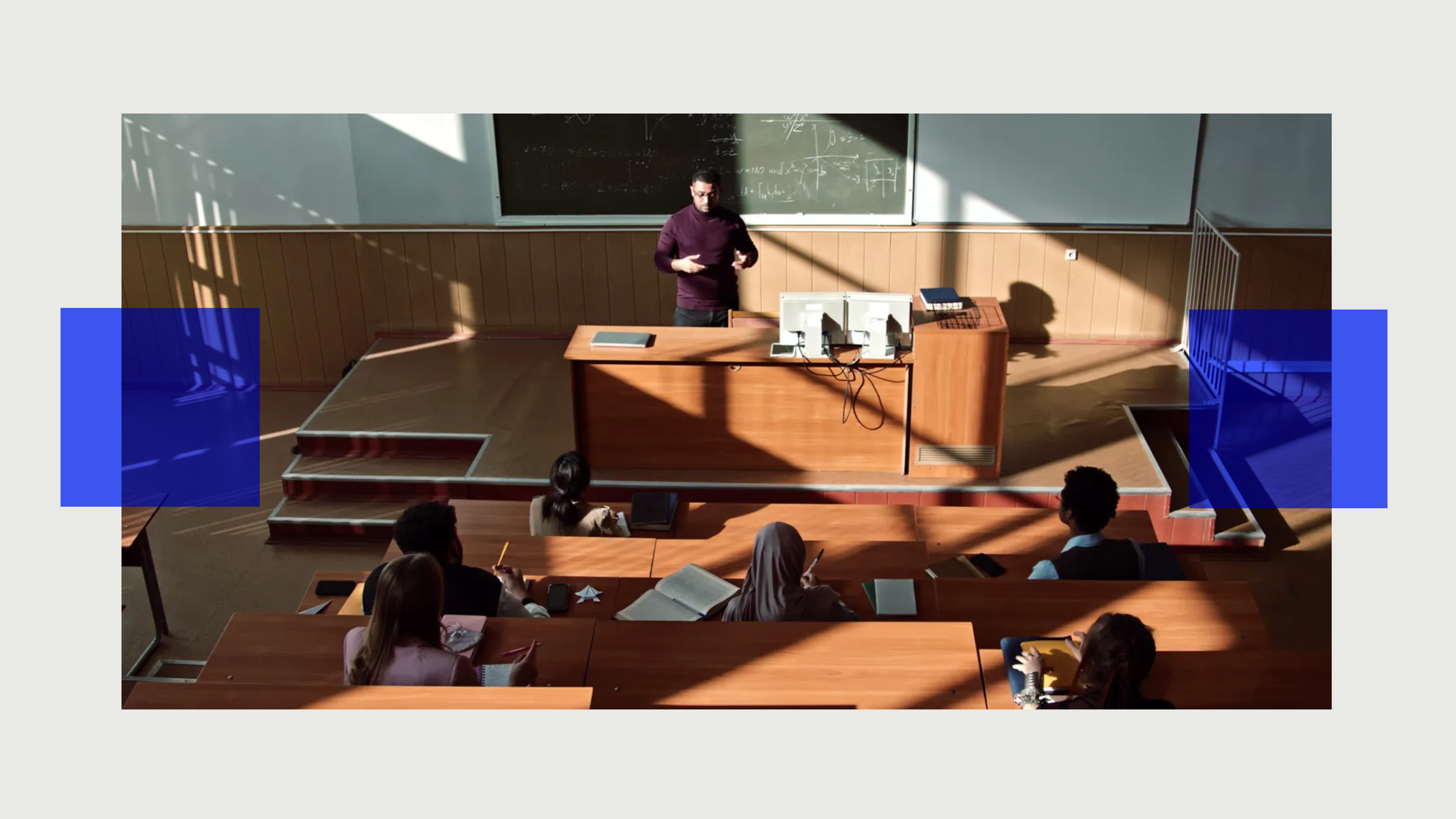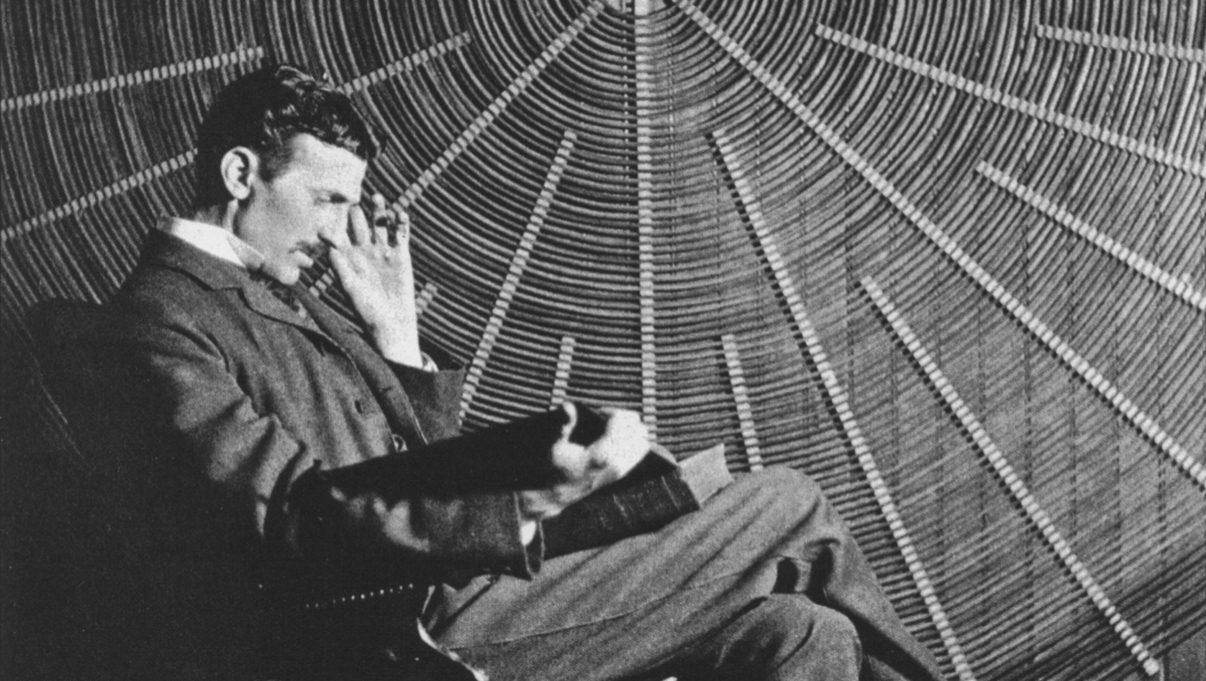Coming from an upper middle class family, Bruce Bueno de Mesquita says, he could have afforded to pay some tuition. Instead, he was the beneficiary of the tax dollars of less well-off New Yorkers who didn’t send their kids to public institutions. He thinks “tuition discrimination” makes private universities a fairer option.
Bruce Bueno de Mesquita: Why did tuition rates get so high in the United States? Let’s preface this with I, too, am self-interested and I am a professor . . . so high tuition, is that a bad thing? Not for me.
Okay, so what we want to understand is that the United States higher education system is not unique but it’s unusual in that public institutions of higher education have to compete with private institutions of higher education, and what they compete on is the quality of the education and the quality of the student body. Now the quality of the student body turns out to be an important element for students because who they get to be friends with, who they network with at the college and university level, has important bearing on their opportunities in the rest of their lives. So tuition is a mechanism for sorting out how strongly people demand a particular level of education.
It’s also quite misleading. Universities price discriminate, that is, they state a very high tuition level, which almost nobody pays. So when people debate tuition they need to look at the actual tuition paid and not the rate stated. The actual tuition paid for something like 70 or 75% of undergraduate students is much lower because they are given low-interest loans or they are given scholarships or other mechanisms that greatly reduce the true tuition. and that’s the level of tuition that public institutions compete with.
I went to public institutions for my entire education. I went to Queens College of the City University of New York back in the 1960s when it was free. I came from an upper middle-class family that could have afforded to pay some tuition, so the actual consequence of my free tuition - or today the relatively low tuition - is that poor people in New York City whose children were not going to University but who were paying taxes to the City of New York were subsidizing my education. Probably a higher tuition rate and then price discrimination such as we see commonly in private universities is a better system. Then I would not have been subsidized by poorer people. ‘
Directed / Produced by
Jonathan Fowler & Elizabeth Rodd





